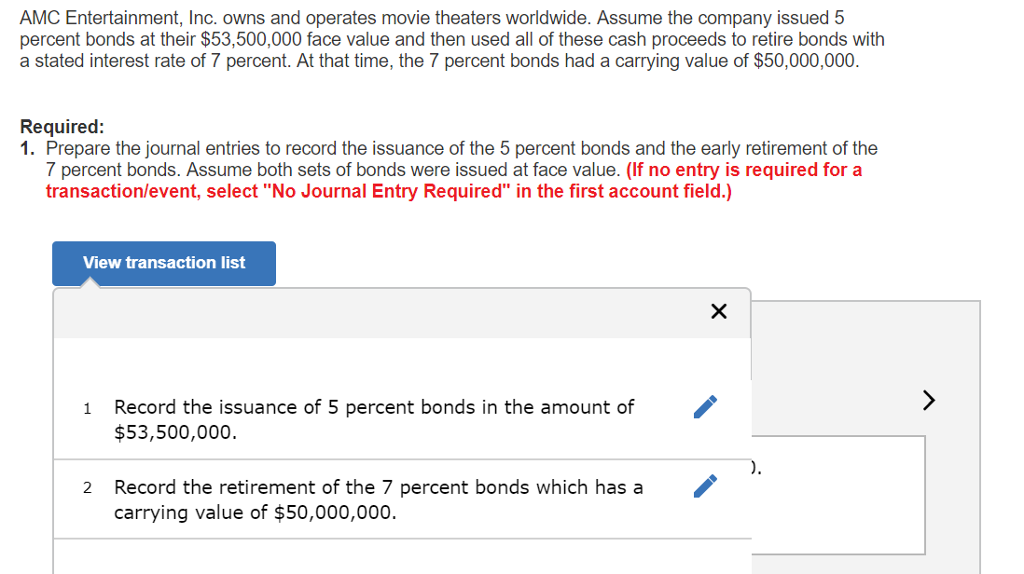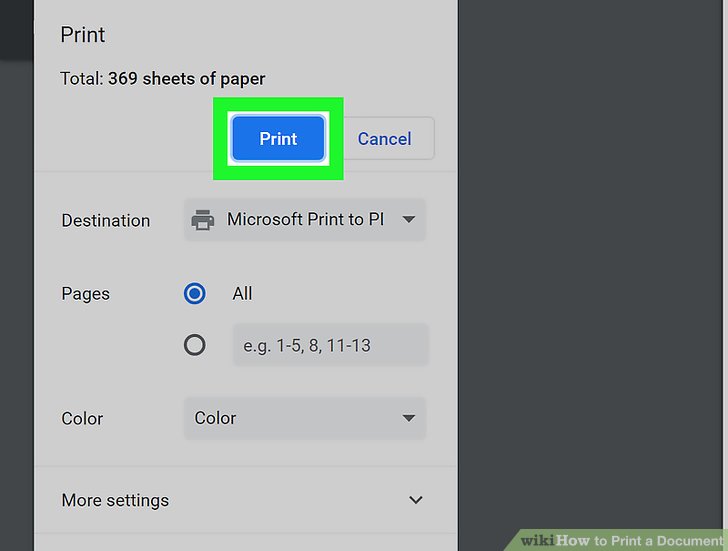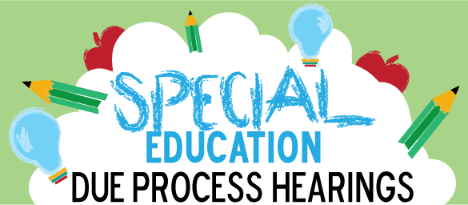Understanding Due Process in Special Education: Your Rights, Steps, and Solutions
What Is Due Process in Special Education?
Due process in special education is a formal legal procedure designed to resolve disagreements between parents or guardians and school districts regarding a child’s Individualized Education Program (IEP) or 504 Plan . This process ensures that students with disabilities receive fair treatment and access to a Free Appropriate Public Education (FAPE) , as required by federal law. It is a vital mechanism that protects the educational rights of children with disabilities and provides families with a structured path to challenge decisions they believe are not in their child’s best interest [1] , [3] .
Why Is Due Process Important?
Due process is fundamental because it guarantees fairness in decision-making for students with disabilities. It holds schools accountable to follow established legal principles and ensures that every party, especially families, has an opportunity to present their side and seek an impartial resolution. Without due process, disagreements over special education services, placement, or eligibility could go unaddressed, potentially denying children the support they need to succeed academically and socially [4] .
When Can Due Process Be Used?
Due process is reserved for disputes relating to:
- Identification: Whether a student qualifies for special education services.
- Evaluation: Concerns about how assessments are conducted or interpreted.
- Educational Placement: Where and how a student receives services.
- Provision of FAPE: Whether the educational program meets the student’s unique needs as required under the law.
It is not intended for complaints outside the scope of special education, such as general discipline issues or disputes unrelated to the IEP or 504 Plan [3] .

Source: specialeducationacademy.com
The Steps of Due Process in Special Education
While procedures vary by state, the typical due process steps include:
- Filing a Written Complaint: Parents or guardians submit a detailed written complaint to the appropriate state agency or school district, specifying the issues and desired outcomes.
- Resolution Meeting or Mediation: Before a formal hearing, both parties may participate in a meeting or mediation session to try to resolve the dispute informally. Mediation is voluntary and led by a neutral mediator.
- Preparation for Hearing: Both sides gather evidence, identify witnesses, and prepare their cases. Documentation of assessments, communications, and IEP documents is crucial here.
- Due Process Hearing: A neutral, impartial hearing officer listens to both parties, reviews evidence, and may hear witness testimony. The hearing is similar to a court trial but less formal.
- Written Decision: The hearing officer issues a binding written decision. If either party disagrees, there may be an option to appeal to a higher authority or in court [1] , [2] .
Real-World Example: Navigating Due Process
Consider the case of a family who disagrees with a school’s recommendation to remove certain speech therapy services from their child’s IEP. The parents first attempt to resolve the issue through IEP meetings and informal discussion. When no agreement is reached, they file a due process complaint. During a resolution meeting, both sides present their concerns, but no compromise is found. At the hearing, both the school and the parents provide expert testimony and documentation. The hearing officer ultimately rules that the speech therapy services are necessary for the child to receive a FAPE and orders the school to reinstate them. This example demonstrates how due process can serve as a check to ensure children’s needs are met when communication breaks down [4] .
How to Initiate Due Process
If you believe your child’s special education needs are not being met, you can take these steps to initiate due process:
- Document Your Concerns: Keep organized records of meetings, emails, assessments, and IEP documents.
- Attempt Resolution: Request additional IEP meetings or mediation. Most states provide access to a trained mediator at no cost.
- File a Due Process Complaint: Submit your complaint in writing. You can contact your state’s Department of Education for the correct forms and guidance. For example, in Virginia, the Department of Education provides forms and instructions for filing due process hearings [5] . If you are unsure, search for your state’s Department of Education website and look for special education dispute resolution resources.
- Seek Support: Consider reaching out to a local advocacy organization or a special education attorney. Some states and non-profits offer free or low-cost legal assistance for families navigating due process.
If you cannot find your state’s due process complaint forms online, you can call your state’s Department of Education or search for “special education due process” along with your state name for specific instructions.
Potential Challenges and Solutions
Challenge: The due process system can feel overwhelming and emotionally taxing for families. There are strict timelines, legal language, and requirements for evidence that may be unfamiliar.
Solution: Many families find it helpful to work with an advocate or attorney experienced in special education law. Connecting with local parent support groups or advocacy organizations can provide guidance and emotional support. If legal representation is not financially feasible, you may qualify for pro bono or sliding-scale assistance from non-profit legal aid organizations.
Challenge: The process is adversarial by nature, which can strain relationships between families and schools.
Solution: Use every opportunity for mediation and informal resolution before proceeding to a formal hearing. Open communication, clear documentation, and a focus on the child’s needs can sometimes defuse conflict and lead to collaborative solutions.

Source: probonomd.org
Alternative Dispute Resolution Options
Before or instead of due process, parents can explore alternative avenues:
- Mediation: A neutral mediator helps both parties find a mutually agreeable solution. Mediation is voluntary and confidential.
- State Complaints: Filing a state complaint is another option for procedural violations. Anyone can file a state complaint if they believe special education law has been violated. The state will investigate and issue findings [5] .
- Informal Meetings: Additional IEP meetings or facilitated IEP meetings with a trained facilitator can sometimes resolve concerns without escalation.
To access these services, contact your local school district’s special education office or your state’s Department of Education and request information on dispute resolution options.
Your Rights Throughout the Due Process
Parents and legal guardians have the right to:
- Be notified of meetings and decisions affecting their child’s education
- Review all educational records
- Participate in all meetings regarding identification, evaluation, and educational placement
- Request independent educational evaluations at public expense in some cases
- Be represented by legal counsel or advocates in due process hearings
When a student turns 18, educational rights usually transfer to the student, though there are exceptions for guardianship or conservatorship [2] .
Step-by-Step Guidance for Accessing Due Process Services
- Gather and organize all documentation related to your child’s education, including IEPs, assessments, meeting notes, and correspondence.
- Attempt to resolve disagreements informally through IEP meetings or mediation with school staff.
- If unresolved, locate your state’s Department of Education website and search for “special education due process complaint” to find instructions and forms. If you cannot locate this, call the Department’s special education office for assistance.
- Submit a written due process complaint, following your state’s procedures.
- Prepare for the due process hearing by collecting evidence, identifying witnesses, and outlining your argument. Consider seeking advocacy or legal assistance.
- Participate in the hearing and present your case. After the hearing, review the decision and consider appeal options if necessary.
Key Takeaways
Due process is a critical safeguard in special education, ensuring that families have a fair and structured way to resolve disputes and protect their children’s educational rights. By understanding the steps, preparing documentation, and seeking available support, parents and guardians can effectively advocate for their children’s needs. For more information or support, contact your state’s Department of Education or a local special education advocacy organization.
References
- [1] SLP Now (2025). Due Process in Special Education: What Every Parent Should Know.
- [2] California Department of General Services (2017). Summary of Educational Rights.
- [3] Understood.org (2024). Due Process Rights: What You Need to Know.
- [4] A Day in Our Shoes (2024). What is Due Process in Education?
- [5] Virginia Department of Education (2006). Special Education Due Process Hearings.
MORE FROM couponnic.com













